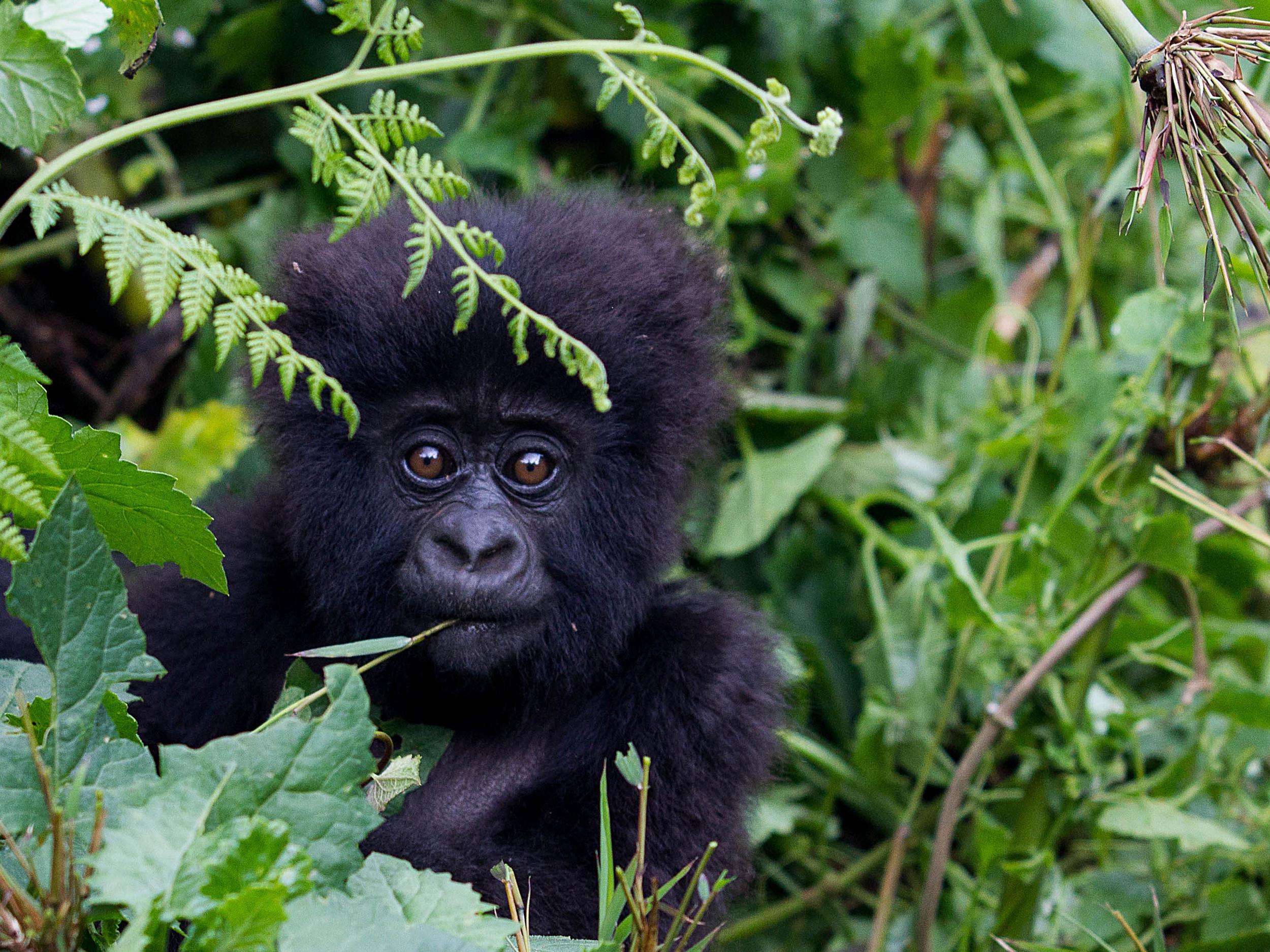Whale and gorilla recoveries show what the world needs is a Paris agreement for nature
Analysis: A rare piece of good news shows us that international commitments are key to preserving wildlife, says Josh Gabbatiss


Reading about the environment can be a depressing affair.
Between the existential threat posed to humanity by climate change, air pollution poisoning children from London to Lagos, and the mass extinction of global wildlife, there is plenty to be miserable about. It’s also very easy for the kind of complicated, incremental work that makes a difference to get lost in the tide of dire warnings.
But the latest bulletin from the International Union for Conservation of Nature offers a glimmer of hope. The global body tasked with assessing the status of the planet’s wildlife has announced that populations of fin whales and mountain gorillas are, if not booming, at least returning to their former glory.
These magnificent mammals have faced decades of persecution by humans, and IUCN director general Inger Andersen said their recovery was proof that “ambitious, collaborative efforts of governments, business and civil society could turn back the tide of species loss”. That may sound like a grand pronouncement based on a few hundred gorillas, but they aren’t empty words.
Animals and plants don’t care about national borders, and some of the biggest challenges they face – pollution, climate change and the international demand for palm oil, to name a few – transcend individual nations. The only reason fin whales have recovered at all is because the world decided commercial whaling had to end. Granted, this decision has not been universally respected, but it has allowed these animals enough breathing room to gradually repopulate the oceans.
The same is true of mountain gorillas. These animals live in the cloud forests of central Africa, a region with a well known history of instability and conflict that has contributed to the apes’ downward spiral. Nevertheless, collaborative efforts across borders in recent years to tackle poaching and work with local communities have given the gorillas a much needed boost.
It was not all good news from the IUCN, with warnings that rampant overfishing and demand for wood from China were wiping out various African fish and trees. When taken together, though, the message is clear. Successful conservation is possible, but only if nations are willing to put aside their own interests for the sake of the global good that is nature.
When WWF released its report last month detailing the excruciating losses that wildlife has suffered at the hands of humanity, it said the time had come for a “global deal” to save nature. Such a deal, in the mould of the Paris agreement to address climate change, is increasingly being seen by scientists and conservationists as the only way to put the brakes on Earth’s sixth mass extinction.
The UN launched its Convention on Biological Diversity in 1992 with the intention of protecting the world’s natural resources, but its current ambitions amount to – in the words of one recent analysis – “at best a managed decline”. International leaders are currently meeting in Sharm El Sheikh, Egypt, to discuss tactics for preserving biodiversity in the coming decades. They need to take inspiration from the successes of the past, however modest, because only radical and worldwide action is going to ensure those victories aren’t fleeting.
Join our commenting forum
Join thought-provoking conversations, follow other Independent readers and see their replies
Comments
Bookmark popover
Removed from bookmarks